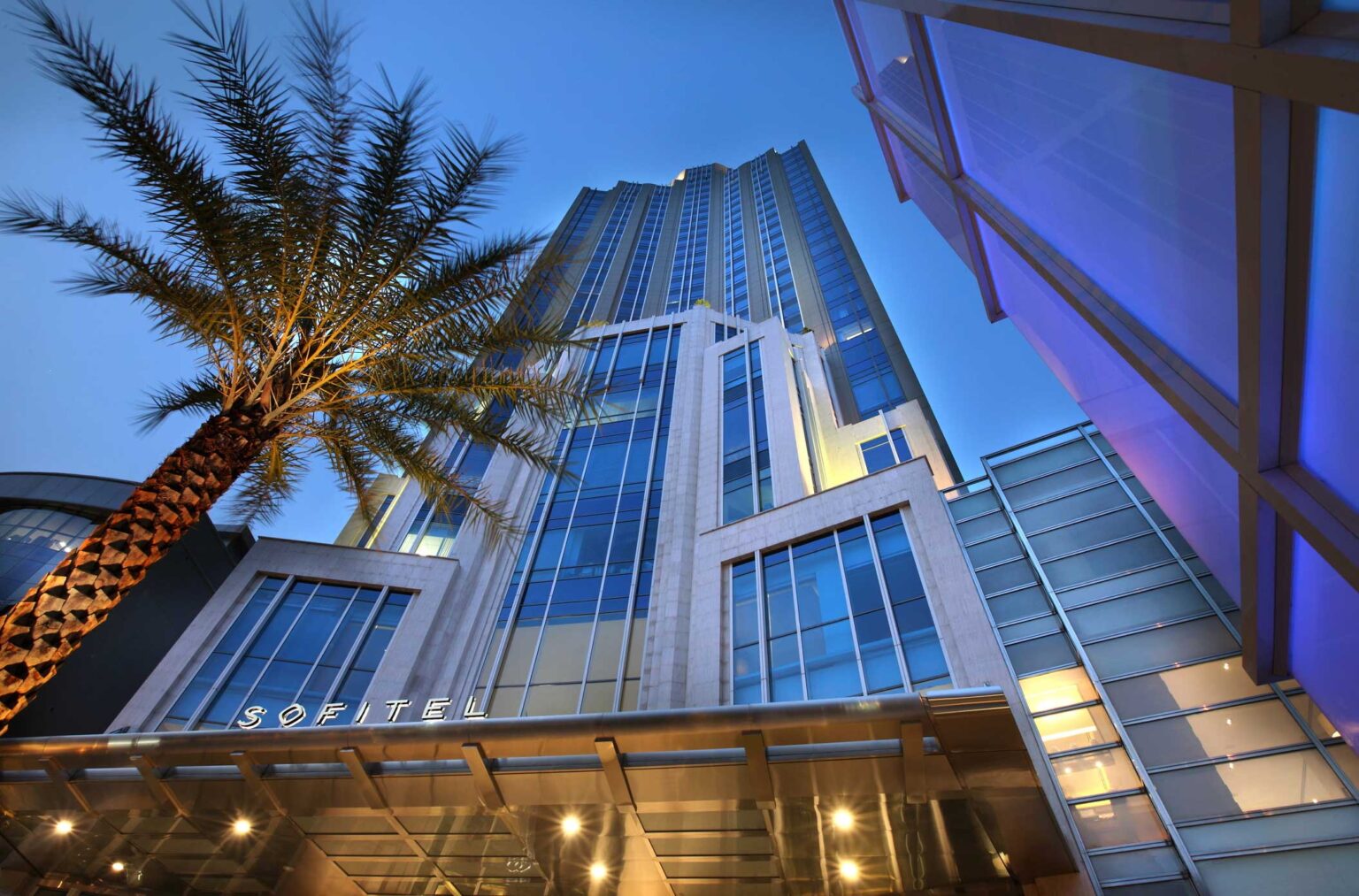Having built a towering reputation since its foundation almost 50 years ago, Hirsch Bedner Associates (HBA) is now one of the world’s leading hospitality design firms. Prominent contemporary architect, Jeffrey M Williams AIA, is heading the company’s new architectural division, HBA Architecture, and speaks with Hospitality Interiors’ Katie Sherry about what the venture will bring to the brand and the industry as a whole.
HBA Architecture launched with new offices in Singapore and Shanghai in October of last year, marking a significant turning point in the company’s history. Introduced in direct response to the needs of its clients, the new division complies to the brand’s high standards of expertise, creativity and client service – enabling it to offer complete interior design and architectural services in synergy for the first time.
HBA Architecture has a team of industry experts behind the wheel, comprising Jeffrey as MD and Yann A Leroy as design director, with the support of HBA’s Ian Carr and René Kaerskov as co-CEOs. Jeffrey and Yann have been working in collaboration for almost 30 years, undertaking prominent projects while partners at BBG-BBGM, and at studioaria, a company they co-founded in 2010.
“The aim is to provide the best piece of architecture possible, setting a standard of enduring quality throughout the city – thereby enhancing the community on a regional and global level.”
Jeffrey M Williams AIA
Jeffrey’s enthusiasm for the new venture is infectious: “It’s very exciting! For the last 15 years I have been working as the architecture partner-in-charge with HBA serving as the interior designer, so I know the company very well. We share the same design philosophy and core values – it’s a unique opportunity.”
The architectural division shares the brand’s commitment to revolutionise hospitality design, while using the culture of the local community as an inspirational starting point. As well as adding an element of diversity to its work, this design philosophy ensures that the property is given a sense of place – thereby personalising the hotel experience for guests. “The beauty of travelling is to experience other cultures in a home away from home,” Jeffrey says, “and to do this many people start with the hotel.
“In Asian hotels, for example, the community uses the hotel facilities, meaning that there is more of an emphasis on the banquet facilities and food and beverage spaces in the design. The cuisine is one of the reasons that people travel to a particular country, so it makes sense – the local community is brought in, which allows the guest to experience the local culture in the hotel before going out.”
HBA works to integrate the local history and community into the design in a futuristic manner, as Jeffrey explains: “Interiors and architecture reflect the age in which the property was built. It can take four to five years between the start date of the project and when the hotel opens, so it is important to design for the future.
“The aim is to provide the best piece of architecture possible, setting a standard of enduring quality throughout the city – thereby enhancing the community on a regional and global level.”
HBA’s design ethos of creating contemporary and innovative designs while reflecting the local culture is shared by its clients. “We have a very harmonious relationship with our clients,” Jeffrey enthuses. “Every client has different aspirations, but one thing that they all have in common is that they care about the project and the community it’s serving.”
Thanks to HBA’s ability to build lifelong business relationships, 80% of its workload is repeat business. With 16 offices located around the world – and two more set to open in Singapore and Shanghai during the first quarter of this year – the company is well positioned to offer a truly international service.
“Our clients require a highly personalised service – they have unique needs and demand quality in their projects,” Jeffrey explains. “While some ask to see us for design presentations in a KTV venue at 2am, others will require us to spend two weeks with them. Having global design teams gives us this flexibility, as we are stationed where we need to be – especially in the early stages of a project. Our clients are unique and intelligent individuals – we tailor our service to suit them.”
With the backing and associated reputation of the HBA brand, the architectural division enjoys instant credibility with both new and established clients. Having already lined up a number of projects – including multiple proposals in Asia, Europe, Russia and North America – HBA Architecture is set to open two additional offices globally in 2013 and have an influential part to play in the hospitality industry, on a worldwide scale.



